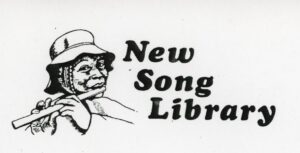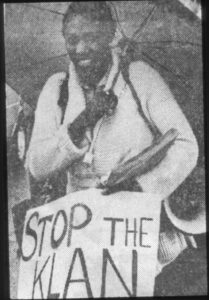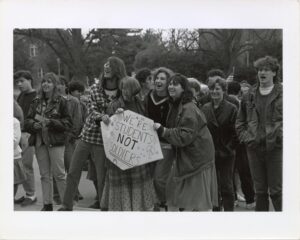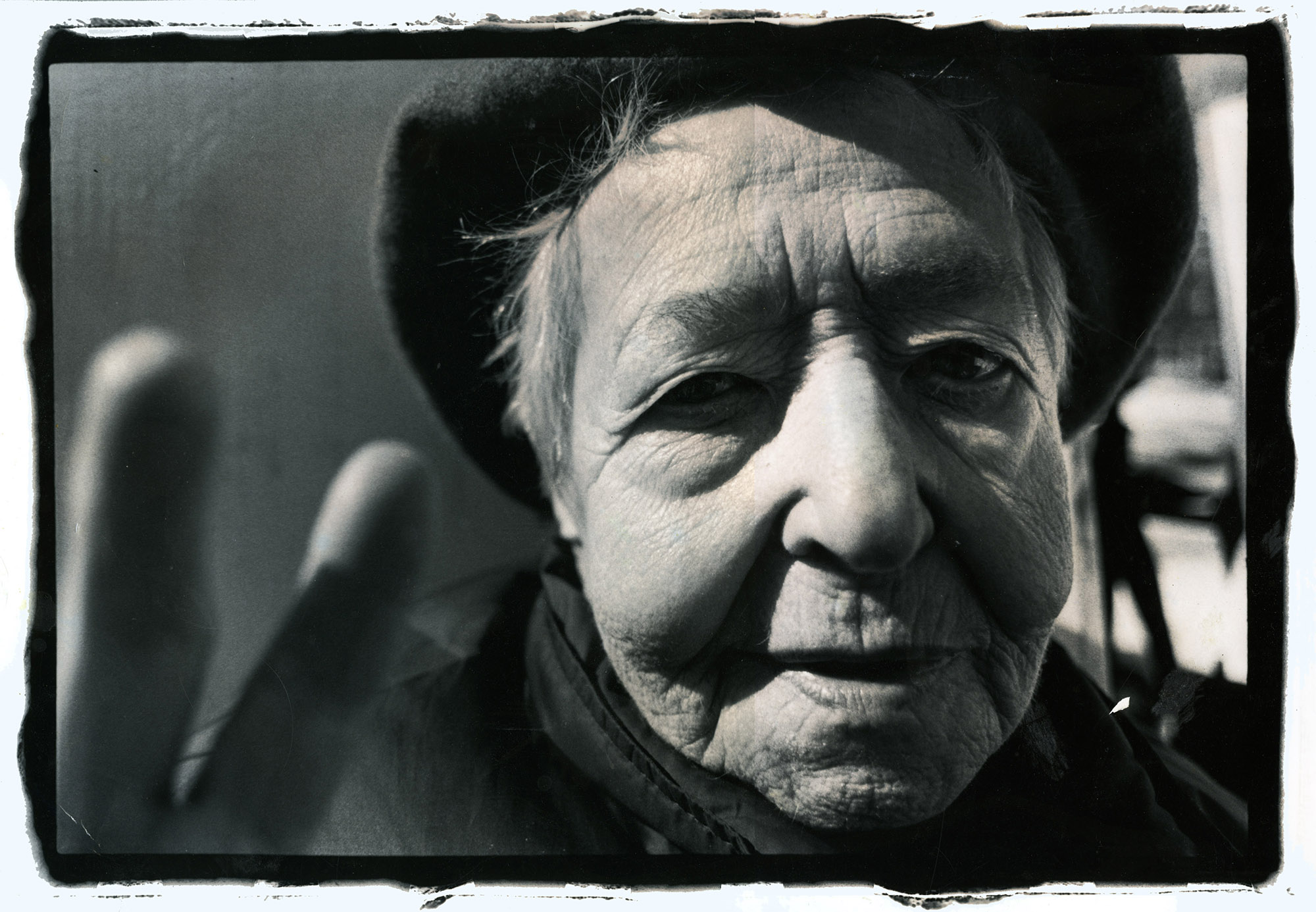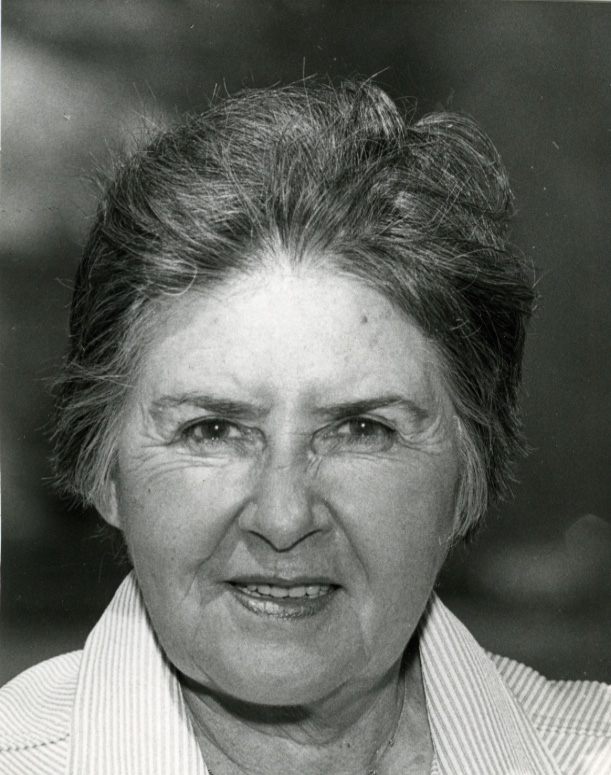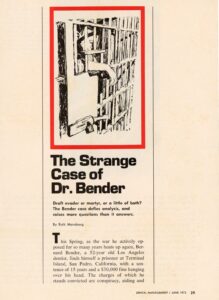National Organization for the Reform of Marijuana Laws (U.S.) Records
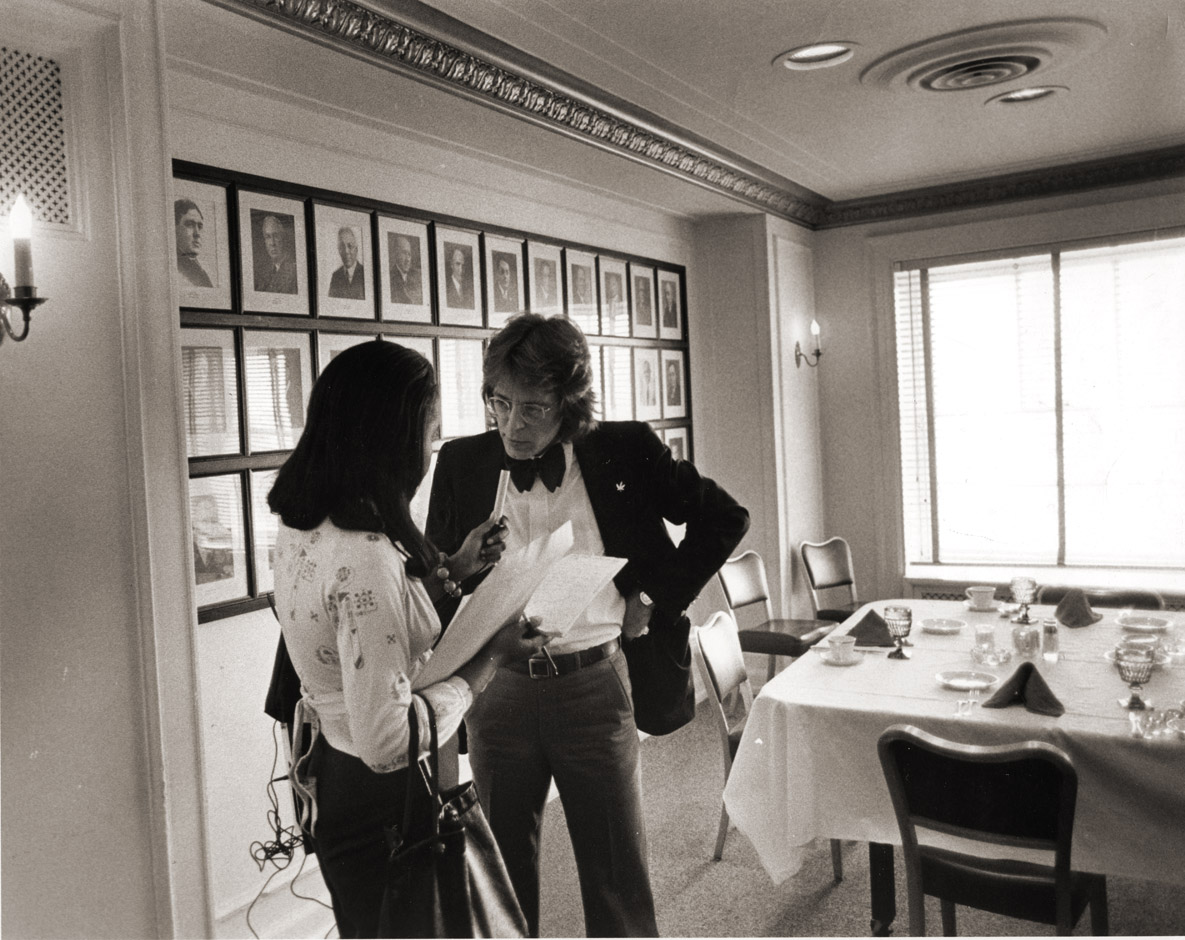
Founded by attorney Keith Stroup in 1970, the National Organization for the Reform of Marijuana Laws (NORML) is the nation’s oldest and most prominent organization advocating for an end to cannabis prohibition. A nonprofit public-interest advocacy group based in Washington, DC, NORML has lobbied at the state and federal levels for the elimination of penalties for the cultivation, possession, and responsible use of cannabis, and it has met with success in state-level efforts at decriminalization. Over the years, NORML has led a wide variety of educational initiatives and coordinated its activities with other organizations working for cannabis reform. More recently, NORML has become a significant voice in the struggle to legalize the therapeutic use of marijuana.
The records of NORML offer a perspective on more than forty years of grassroots advocacy in cause of drug policy legislation. Highly varied in nature, the records include organizational records, research files on marijuana and marijuana use, promotional materials prepared by NORML, and letters from persons incarcerated for possession. The collection is currently being received by SCUA with new additions expected in the near term.


